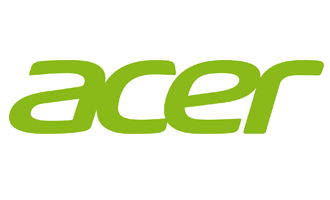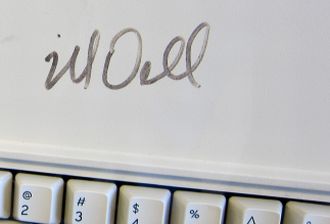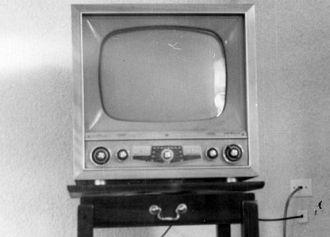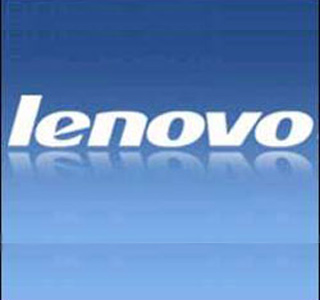 Acer is apparently planning to revamp its product line in an effort to revive sales and growth momentum.
Acer is apparently planning to revamp its product line in an effort to revive sales and growth momentum.
Last week Acer announced that it will increase R&D spending to between 1.2 and 1.5 percent of annual sales this year. Acer apparently wants to invest more in order to stay competitive in the tablet market, while at the same time improving its notebook line. Acer hopes to sell between 5 and 10 million tablets this year.
Analysts, however, see trouble ahead. Deutsche Bank analyst Ivy Lee said Acer might encounter new challenges that might cause its sales to remain flat, reports Taipei Times. Windows 8 is apparently the biggest risk, since there is still not enough consumer feedback on Windows 8 tablets and notebooks.
Acer recently killed off a couple of its value brands, after it experienced a huge inventory loss in late 2011. Like other leading PC makers, Acer is experiencing a lot of margin erosion and falling market share.
Citigroup Global Markets analyst Kevin Chang believes Acer will continue to struggle in the near future. In a recent note he argued that Acer’s current strategy is simply not working and that it has to be more aggressive on pricing.
As the PC slump drags on, Lenovo, Asustek, Dell and HP will try to hold their ground and fierce price competition is to be expected. As for tablets, Asus and Lenovo have done a bit better than other major PC players. Lenovo did particularly well in China in the last two quarters, while Asus has managed to make quite a name for itself in the Android tablet space with the Transformer series. It also builds Google’s Nexus 7 tablet.









